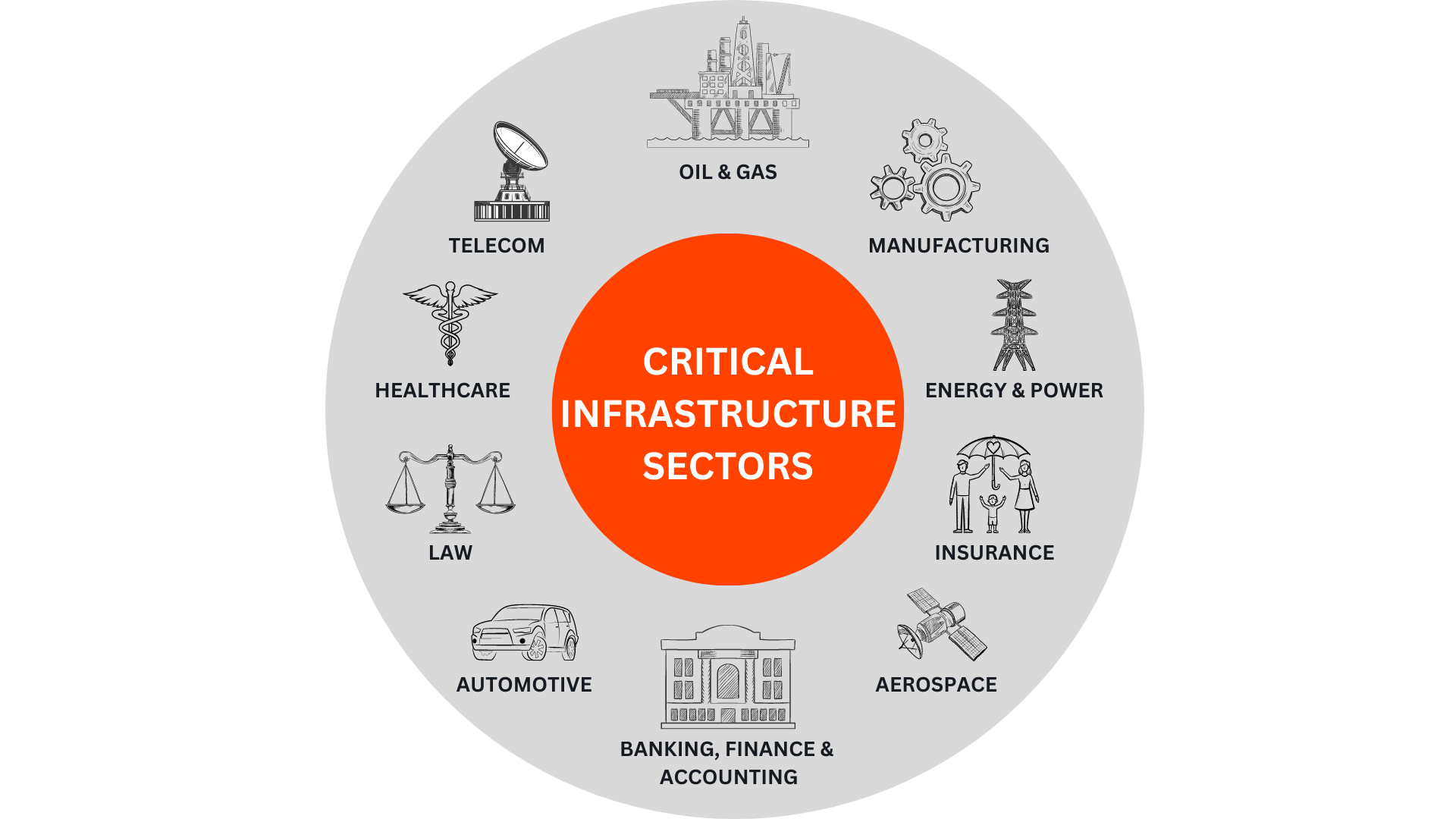Web3 Penetration Testing
Intelligence Driven Cyber Security Operations
What Is Web3 Penetration Testing?
Web 3, also known as the “decentralized web” or the “semantic web,” refers to the vision of a new generation of the internet that aims to create a more open, user-centric, and decentralized online environment. Unlike the traditional Web 2.0, which is characterized by centralized platforms and services controlled by a few major corporations, Web 3 envisions a paradigm shift towards greater user control, data ownership, privacy, and interoperability.
Key features of Web 3 include:
- Decentralization: Web 3 seeks to reduce reliance on central intermediaries and data silos. It leverages technologies like blockchain and distributed ledger technology (DLT) to enable peer-to-peer interactions, data storage, and value exchange without the need for middlemen.
- User Empowerment: Users have greater control over their data and digital identity. They can own and manage their personal information, granting or revoking access to third parties as needed.
- Interoperability: Web 3 aims to create a seamless experience across different applications and platforms. Data can be shared and accessed across various services, enabling more integrated and fluid interactions.
- Privacy: Enhanced privacy features allow users to control the visibility of their data and interactions. Cryptography and decentralized identifiers contribute to ensuring data security and privacy.
- Open Standards: Web 3 promotes open-source standards and protocols to foster collaboration and innovation. This enables developers to build applications that are interoperable and compatible with the broader ecosystem.
- Smart Contracts: Web 3 introduces the concept of smart contracts, self-executing contracts with the terms of the agreement directly written into code. These contracts enable automated and trustless interactions, particularly within decentralized applications (dApps).
At CertCube Labs, our Web3 Penetration Testing service adopts an offensive stance towards security auditing. Employing the same tools as malicious hackers, our skilled penetration testers identify and address vulnerabilities preemptively, ensuring that potential exploits are mitigated before they can be leveraged by malicious actors.
While Web2 penetration testing has been a staple, the emergence of Web3 introduces new complexities. Our Web3 Penetration testers possess a deep understanding of blockchain technology, smart contracts, NFT functionality, and more, enabling them to conduct thorough assessments. Since many decentralized applications encompass a blend of Web 2.0 and earlier tech, our testers are well-equipped to address a broad spectrum of network security concerns.
Our proactive approach empowers your project’s security by identifying weaknesses before adversaries can exploit them. CertCube Labs’ Web3 Penetration Testing scrutinizes wallets, exchanges, Dapps, and other components, leveraging the tactics employed by malicious hackers. This safeguards your ecosystem from potential threats. Moreover, our service delves beyond surface vulnerabilities, examining middleware security and anti-tampering issues, bridging the realms of Web2 and blockchain within your application. With CertCube Labs, you gain a comprehensive and expertly-guided exploration of your application’s security landscape, shielding it from potential breaches.
Emerging Technologies
Our Web 3.0 Penetration Testing METHODOLOGY
Information Gathering
Start by collecting pertinent details about the target system, which encompasses the blockchain network, smart contracts, dApps, and related infrastructure. This involves recognizing the technology stack, protocol specifications, smart contract addresses, APIs, and any accessible documentation.
Threat Modeling
Conduct a threat modeling exercise to pinpoint potential attack vectors and allocate testing focus effectively. Examine the architecture, components, and interactions to ascertain key assets and possible vulnerabilities, aiding in prioritizing testing efforts.
Assessments
Conduct a comprehensive blockchain security assessment by evaluating the underlying network’s integrity, testing consensus mechanisms, transaction validation, and data integrity. Verify configurations to identify vulnerabilities like 51% attacks, double-spending, or transaction malleability. Perform app security assessment by scrutinizing frontend and backend components for web vulnerabilities, ensuring secure dApp and smart contract integration. Evaluate cryptocurrency wallet security, focusing on encryption, key management, and secure storage, testing for issues like weak passwords or insufficient entropy.
Assess DeFi protocol security, reviewing smart contracts, and considering external protocol integration risks. Evaluate infrastructure by examining blockchain node security configurations, network safeguards, and communication protocols. Lastly, assess interoperability and integration security across different blockchain networks, verifying secure data transfer and integration points to ensure a robust and well-protected blockchain ecosystem.
Smart Contract Audit
Perform a comprehensive examination of the deployed smart contracts within the blockchain. Detect vulnerabilities like logical errors, input validation weaknesses, reentrancy attacks, or other contract-specific susceptibilities. Evaluate the code for secure coding standards, adherence to recognized secure patterns, and best practices. Utilize tools such as Certcube labs Smart Contract Auditing Service for thorough smart contract security assessments.
Reporting and Remediation
Thoroughly document all discoveries, encompassing pinpointed vulnerabilities, their potential consequences, and suggested steps for rectification. Offer explicit and actionable advice to tackle the identified security hazards. Collaborate closely with the development team and relevant stakeholders to determine priorities and apply the essential security enhancements.
Continous Enhancement
CertCube Labs promotes an iterative approach to Web3 security. Regular testing and assessment are essential to counter evolving threats. By periodically revisiting the assessment process, we ensure that your Web3 ecosystem remains resilient against emerging risks.
Components of Web3 Pentesting !!
Inclusive Elements Of Web3 Pentesting
Assessing Smart Contracts
In web3 penetration testing, a crucial focus is on scrutinizing the security of smart contracts. These contracts are the backbone of many web3 applications, demanding a robust assessment.
Penetration testers review smart contracts written in languages like Solidity or Vyper. They analyze the code in detail, employing both static and dynamic analyses.
Static analysis inspects the code for coding errors and vulnerabilities without executing it, while dynamic analysis tests the contract’s behavior in a controlled setting. The logic and security practices within the contract are also examined for potential weaknesses that could compromise integrity or enable unauthorized access.
Testers, leveraging their expertise, ensure a comprehensive evaluation, addressing both common vulnerabilities and unique smart contract risks. The aim is to proactively identify vulnerabilities, aiding developers in strengthening security and ensuring the proper functioning of the blockchain ecosystem.
Securing Blockchain Nodes and Networks
In web3 penetration testing, a critical focus lies on assessing the security of blockchain nodes and the network. These nodes are foundational in the decentralized web, and testers ensure their security to maintain network integrity.
Testers delve into node configurations, permissions, and communication protocols. They uncover vulnerabilities that could compromise the network’s security.
Their approach blends technical skills with security expertise. They examine configurations for weaknesses and permissions for authorized access. Communication protocols are analyzed for potential data manipulation.
Human insight is key. Testers find vulnerabilities that automated tools might miss.
Assessing Decentralized App Interfaces
Web3 penetration testing includes a crucial examination of user interfaces in decentralized applications (dApps). Testers scrutinize frontend and backend components to uncover vulnerabilities and bolster overall security.
With a user-centric approach, testers assess frontend UIs for input validation, user input handling, and data display, aiming to prevent security breaches.
Backend APIs facilitating frontend communication are also analyzed. Testers inspect API endpoints, request handling, and authentication mechanisms for vulnerabilities. This prevents injection attacks and unauthorized actions.
User experience isn’t neglected. Testers ensure interfaces are user-friendly, intuitive, and provide appropriate feedback for a secure and seamless experience.
Leveraging secure coding expertise, testers identify vulnerabilities often missed by automated tools, considering both technical weaknesses and human interactions.
Analyzing Consensus Mechanisms
In web3 penetration testing, the security of consensus mechanisms like Proof of Work (PoW) or Proof of Stake (PoS) is pivotal for blockchain network integrity.
Analysts deeply understand these mechanisms, probing for vulnerabilities that could compromise the network. They simulate attacks to assess their resilience.
Testers evaluate resistance to 51% attacks and double-spending, as well as the mechanisms’ handling of manipulation attempts altering transaction history, invalid blocks, or validation processes.
Through comprehensive testing, Certcube Labs ensures the robustness and security of consensus mechanisms in web3 environments, bolstering blockchain network protection.
Blockchain Pentest
Web3 penetration testing goes beyond traditional web app testing by addressing a wider range of vulnerabilities unique to blockchain technology.
Testers explore decentralized intricacies, examining cryptographic implementations, key management, wallet security, decentralized identity, and smart contract flaws like reentrancy attacks.
Cryptographic strength is verified to ensure secure transactions and data. Key management practices are scrutinized to prevent unauthorized access, while wallet security measures are evaluated to safeguard cryptocurrencies.
Decentralized identity systems are assessed for privacy protection. Smart contracts, crucial for web3 apps, are analyzed for flaws that might lead to unauthorized access or financial losses.
Certcube Labs specializes in comprehensive web3 penetration testing, securing blockchain ecosystems against evolving threats and vulnerabilities.
Assessing DeFi Protocols
In the rapidly expanding world of decentralized finance (DeFi), web3 penetration testing is essential to secure DeFi protocols.
Penetration testers specialize in evaluating the security of decentralized exchanges, lending platforms, and yield farming protocols within DeFi.
These experts meticulously analyze smart contracts, looking for vulnerabilities that could lead to financial losses. By examining the code, they aim to identify and address potential weaknesses.
Liquidity pools, crucial for DeFi, undergo thorough examination. Testers assess the algorithms governing these pools, ensuring asset swapping and valuation mechanisms are robust against manipulation or loss.
Token mechanics are also a key focus. Testers review token functionalities, distribution mechanisms, and potential vulnerabilities tied to token transfers and ownership.
Certcube Labs excels in comprehensive web3 penetration testing, safeguarding DeFi protocols against emerging threats and vulnerabilities.


























